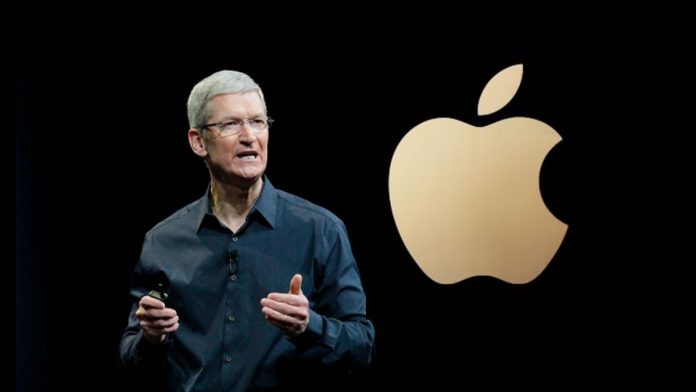As Apple gears up to release its December-quarter earnings on January 30, investor sentiment is anything but unanimous. Once a rock-solid investment, the tech giant now finds itself at the center of heated debates. Short interest in Apple shares has surged to 157 million, the highest since 2020. This number, while only 1% of Apple’s available shares, is a sharp indicator of growing skepticism.
Short Sellers Circle Apple
Short selling is a high-risk bet, where investors borrow and sell stock in anticipation of buying it back at a lower price. For context, the S&P 500’s average short interest is 2.8%—significantly higher than Apple’s. Yet, the increasing short activity in Apple, coupled with its recent 10% stock drop this year, highlights growing concerns.
Analysts point to several reasons behind this bearish sentiment. iPhone shipments in China, one of Apple’s largest markets, fell in 2024, with the company now trailing local rivals Vivo and Huawei. Research firm Canalys reported this shift, which dented Apple’s market share in the region and signaled a broader trend of slowing demand.
Analyst Opinions Are Split
Edison Lee of Jefferies downgraded Apple stock to “Underperform” earlier this week, citing weak demand for iPhones and lukewarm reception to its generative AI features. Lee further slashed his price target to $200.75, signaling cautious optimism at best.
Apple’s AI platform, Apple Intelligence, unveiled in mid-2024, has failed to generate the excitement many anticipated. Limited rollout and slow adoption rates have left investors wondering if the company can maintain its innovation edge.
UBS analyst David Vogt also reduced iPhone sales estimates, likening Apple’s current situation to a “Game of Thrones winter.” Despite the grim analogies, Vogt maintains a Neutral rating, with a $236 price target.
What’s Next for Apple?
The bearish outlook isn’t universal. Wedbush analyst Dan Ives maintains a bullish stance, projecting Apple’s stock could surge to $325, a 45% increase from its current $223.83. Ives argues that Apple is poised for a significant iPhone upgrade cycle, with over 300 million devices due for replacement.
Evercore ISI analyst Amit Daryanani shares similar optimism, expecting incremental growth in iPhone sales as Apple shifts focus to the upcoming iPhone 17 and SE models. Both analysts highlight Apple’s resilience and ability to outperform expectations, even in challenging market conditions.
A Look at Apple’s Valuation
Currently, Apple trades at 29.3 times its expected earnings over the next 12 months—a premium valuation compared to many peers. For investors, the upcoming earnings call will be pivotal in determining whether the company can justify this valuation.
Success hinges on strong December-quarter results and a clear strategy for reigniting demand, particularly in China. A surprise beat could see Apple shares rebound sharply, but underwhelming guidance might deepen the bearish narrative.
The China Factor
China remains a critical battleground for Apple. With competitors like Huawei gaining momentum, the company faces an uphill task in reclaiming its market position. Apple’s dependence on China, both as a consumer market and manufacturing hub, makes it vulnerable to geopolitical and economic shifts.
Why This Matters to Investors?
For investors considering Apple, the question is whether the company’s long-term prospects outweigh near-term challenges. While its AI strategy and China troubles pose risks, Apple’s track record of innovation and customer loyalty remains unmatched.
For a deeper dive into smartphone trends, explore Phone Lover, your hub for expert reviews and industry insights.
Must Read: Gemini AI + Google Home: The Ultimate Smart Device Power Couple!





